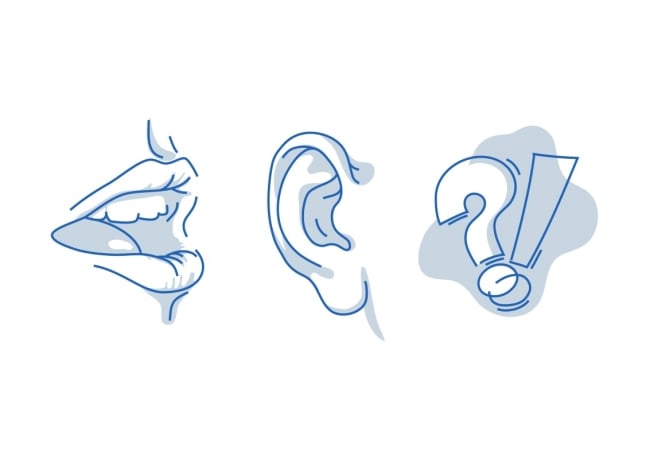You have /5 articles left.
Sign up for a free account or log in.

Istockphoto.com/VectorFun
Two high-profile civil rights lawsuits filed by the National Association of the Deaf against Harvard University and the Massachusetts Institute of Technology are set to continue after requests to dismiss the cases were recently denied for the second time.
The two universities were accused by the NAD in 2015 of failing to make their massive open online courses, guest lectures and other video content accessible to people who are deaf or hard of hearing.
Some of the videos, many of which were hosted on the universities' YouTube channels, did have captions -- but the NAD complained that these captions were sometimes so bad that the content was still inaccessible.
Spokespeople for both Harvard and MIT declined to comment on the ongoing litigation but stressed that their institutions were committed to improving web accessibility.
This is not the first time a university has faced legal consequences for failing to adequately caption videos. The University of California, Berkeley, decided to remove thousands of educational videos from public view in 2017 after the U.S. Justice Department ordered the university to provide captions. The decision drew criticism from disability rights advocates but highlighted the financial and administrative burden placed on universities by web-accessibility requirements.
Both MIT and Harvard have argued in court filings that they should not be required to provide closed captions for every video they create or host on their websites. After the institutions’ first attempt to dismiss the cases was denied, there was a yearlong attempt to reach a settlement out of court. When that attempt failed, the universities again moved to dismiss the cases.
Judge Katherine A. Robertson of the U.S. District Court of Massachusetts largely rejected the universities' second attempt to dismiss the cases. On March 28, Robertson denied the institutions' pleas for the exclusion of their websites from Title III of the Americans With Disabilities Act and Section 504 of the Rehabilitation Act. Title III of the ADA prohibits disability discrimination by "places of public accommodation." Section 504 of the Rehabilitation Act prohibits discrimination on the basis of disability in programs that receive federal funding.
Judge Robertson did, however, agree that the universities could not be held responsible for the accessibility of third-party content on their websites under the Communications Decency Act. The CDA was an attempt by Congress in 1996 to regulate pornographic material on the internet, but Section 230 of the act has been used to argue that operators of internet services should not be regarded as publishers and cannot, therefore, be held liable for content they did not create.
Arlene Mayerson, directing attorney of the Disability Rights Education and Defense Fund and one of the lawyers representing the plaintiffs in the case, said that the third-party content represents “a tiny amount of the material that we have been looking to have captioned.” The most significant part of Judge Robertson's ruling was her rejection of the universities' arguments that much of their online content was outside the accessibility requirements of the ADA and the Rehabilitation Act, Mayerson said.
Harvard and MIT define third-party content as "including content posted by students, individual faculty members and other scholars." But in court documents, the plaintiffs disagreed that content created by "individuals such as faculty members and students who are closely associated" with the universities should be classified as "third party." Judge Robertson ruled that third-party content could not include content created or developed "in whole or in part" by the universities, or "someone associated" with the universities.
Scott Lissner, the ADA coordinator at Ohio State University, said he believes it is his responsibility to make all content on Ohio State websites accessible, regardless of where it comes from.
“If we believe the information is useful to our constituents and program participants then it should be available to all of our constituents and program participants with the same level of independence, planning and effort,” he said.
Mayerson believes the recent ruling against the universities is the "end of the line" in terms of having their cases dismissed.
“I don’t think there’s anything left for Harvard or MIT to argue,” she said. “The outcome that we’ve always sought is for accessibility on these websites for people who are deaf and hard of hearing. We’re still on that road.”




